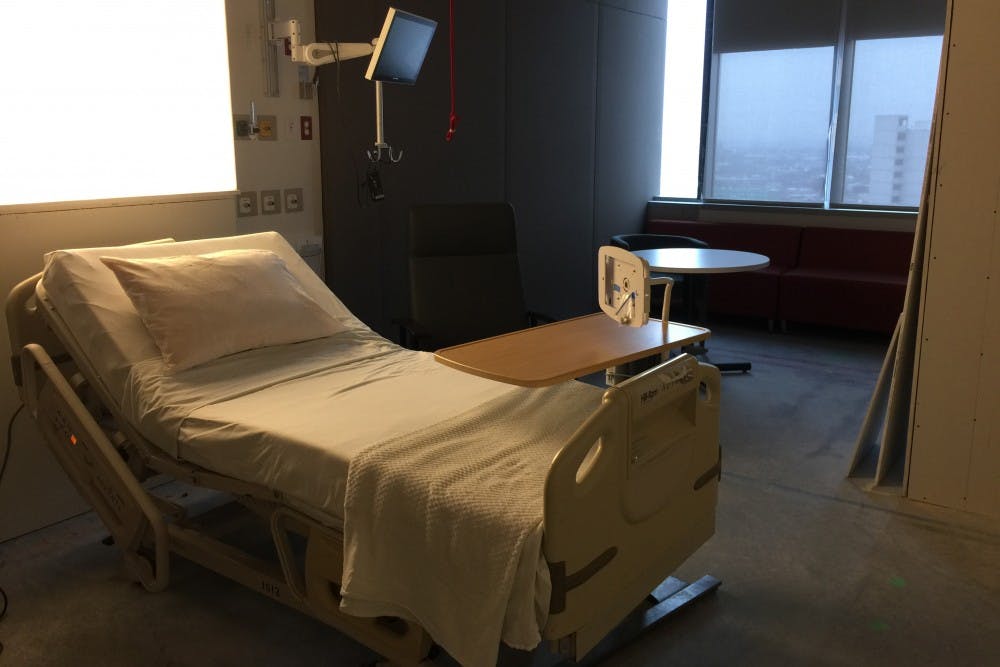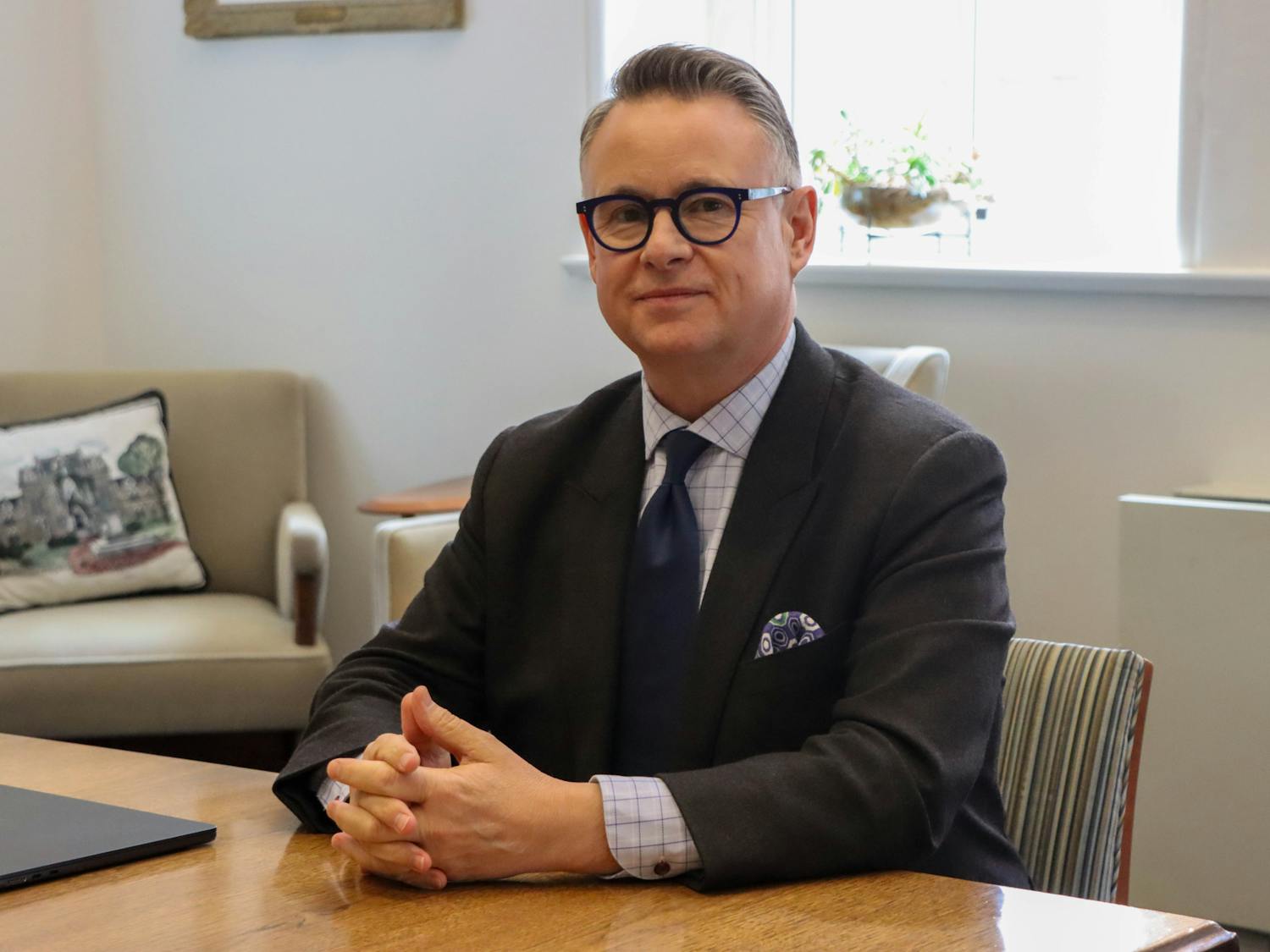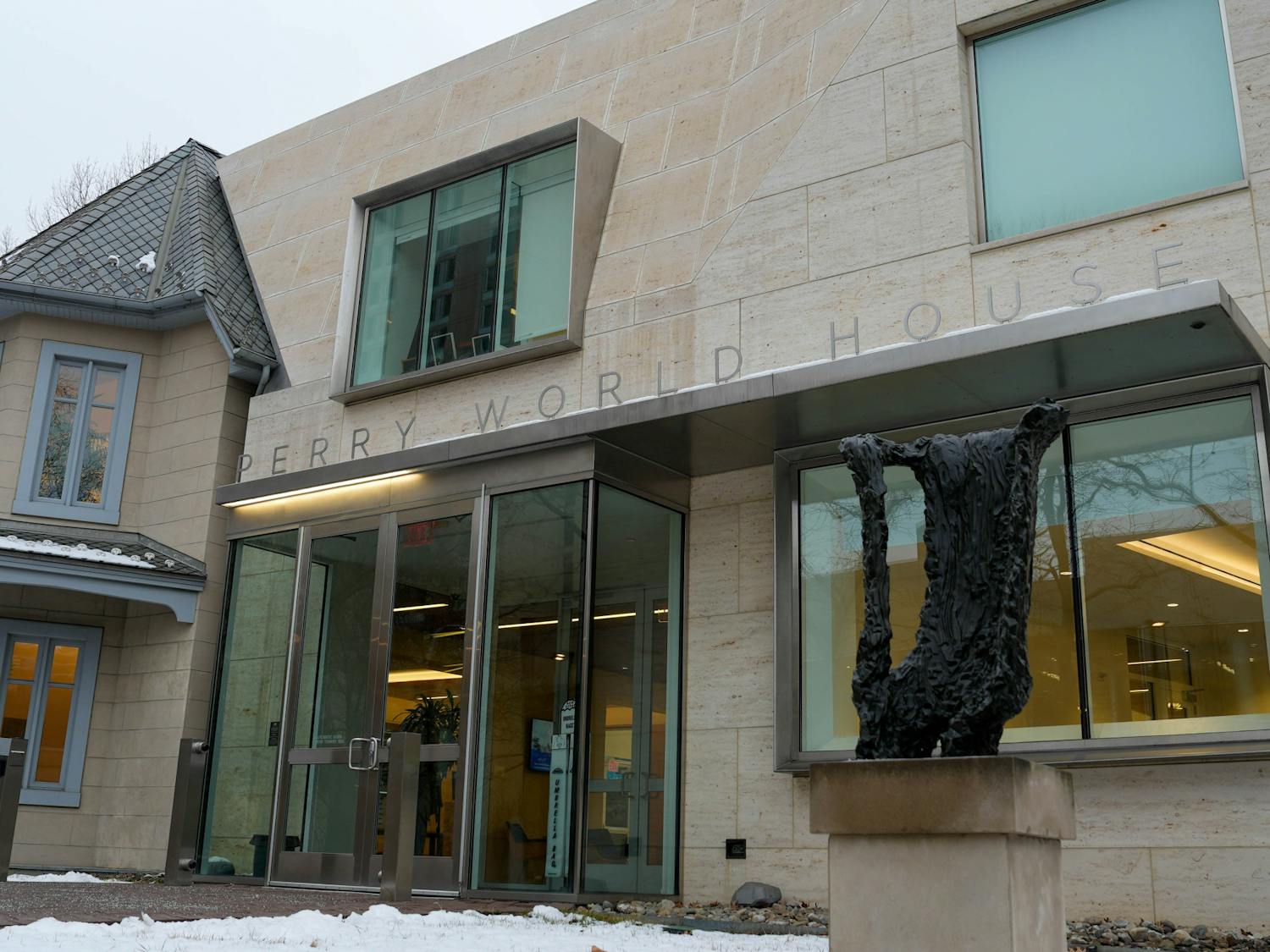A recent Penn Medicine study found that first-year doctors spent 87 percent of their time away from patients, Penn Medicine News reported.
Interns spent just 13 percent of their time interacting with patients face-to-face, the study found. Even within that time frame, they spent a lot of time multitasking. However, lead author and Perelman School of Medicine professor Krisda Chaiyachati said the amount of time interns spend away from patients is not necessarily detrimental.
Published in JAMA Internal Medicine on April 15, the study analyzed data from six different internal medicine programs and recorded activities of 80 interns over three months in 2016. The researchers found that within a 24-hour period, interns spent almost 16 hours on indirect patient care as they worked with electronic medical records and communicated with other clinicians. In contrast, they spent just three hours on direct patient care and 1.8 hours on education.
The study was part of the larger Individualized Comparative Effectiveness of Models Optimizing Patient Safety and Resident Education, or iCOMPARE, a research program which aims to understand how shift lengths affect young doctors and patients.
Chaiyachati said the lack of face-to-face interaction is not necessarily detrimental if it means an increase in efficiency in diagnosing diseases.
“Indirect patient care has tradeoffs,” Chaiyachati told Penn Medicine News. “If it takes time away to the point that patients feel like we aren’t listening to their needs or we lose out on human interactions that provide physicians with a sense of purpose, that is a bad thing. But if it helps us diagnose diseases more efficiently, then maybe that’s not that bad in the end.”
A March 2019 Penn Med study under iCOMPARE found that while efforts to limit medical residents’ shift lengths are well-intentioned, patient mortality is unaffected and doctors do not experience chronic sleep loss when permitted to work shifts longer than 16 hours. A March 2018 study similarly found that shift-length regulations have little effect on interns’ test of medical knowledge scores.









